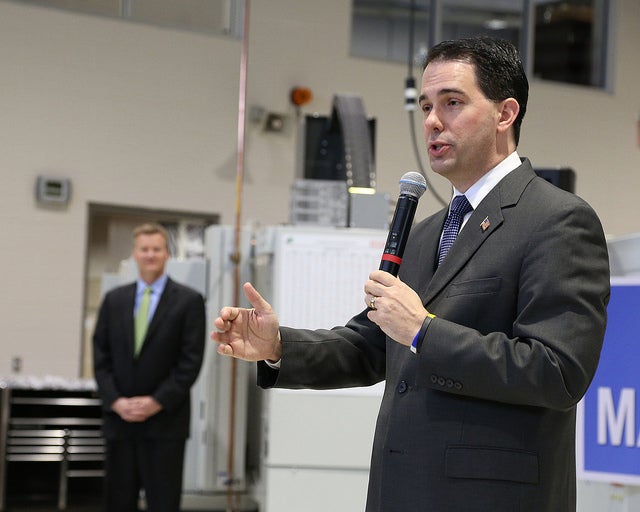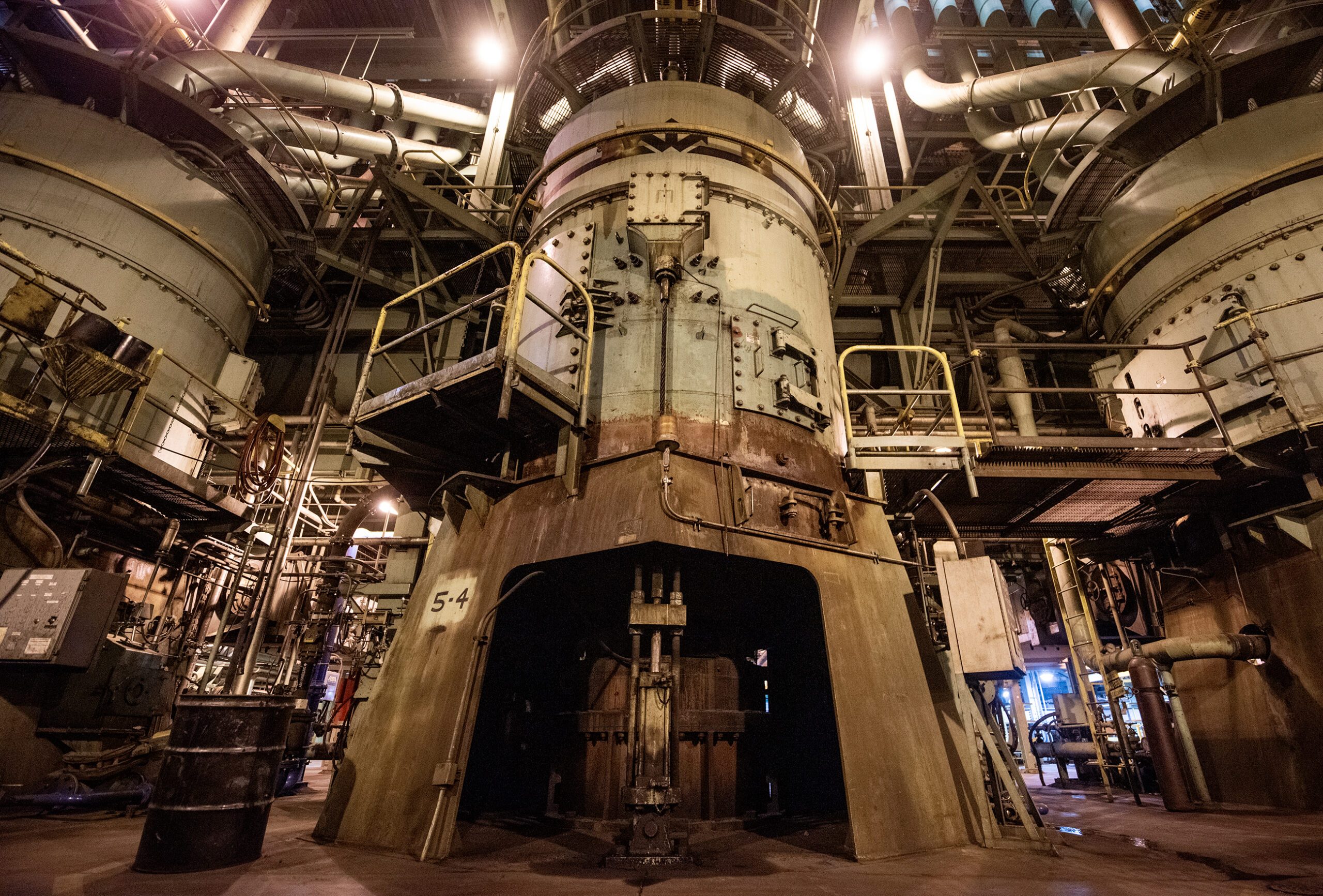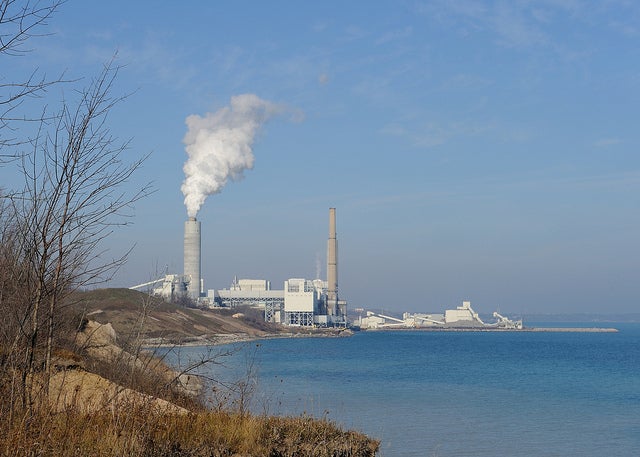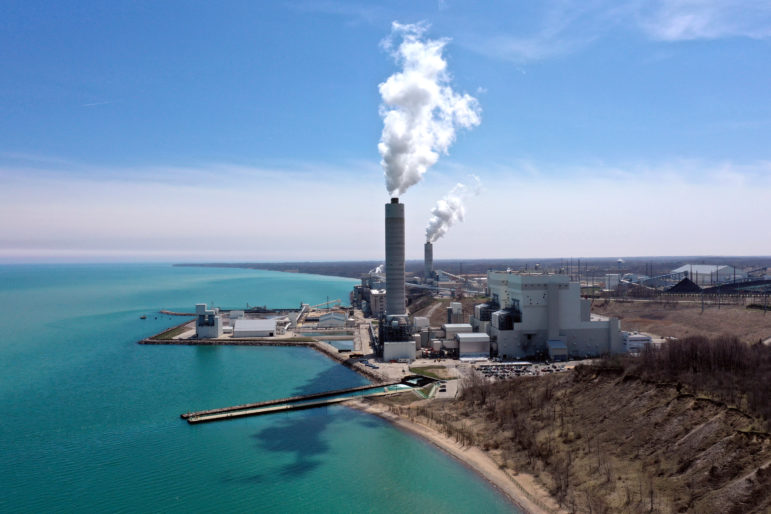Gov. Scott Walker says he’s cautiously optimistic about a federal plan to reduce carbon dioxide emissions from coal-burning power plants.
The Environmental Protection Agency plan would require coal-burning power plants to reduce carbon dioxide pollution by 30 percent from 2005 levels by the year 2030. The hope is to reduce greenhouse gases that contribute to climate change.
EPA Administator Gina McCarthy promised flexibility in how states could implement the proposal on Monday.
Stay informed on the latest news
Sign up for WPR’s email newsletter.
“There is no one-size-fits-all solution,” she said. “Each state is different, so each state’s path can be different.”
Walker said on Monday morning that he’s still waiting to see the entire EPA proposal, and will consult with state agencies, especially the Wisconsin Department of Natural Resources. Walker says true flexibility might be something he could accept .
“If that’s true, that would be great,” said Walker. “We also know that not just this administration, but others previously, have made promises in terms of flexibility and they just haven’t materialized.”
Walker is standing by some of the concerns the DNR and Public Service Commission raised about carbon dioxide restrictions in a letter to the EPA a few months ago.
“We’ve raised some concerns just because Wisconsin is so heavily dependent on manufacturing,” said Walker. “Obviously, anything that would put a dent into the energy for our key industry in manufacturing would be a concern.”
A group that traditionally backs Walker, Wisconsin Manufacturers and Commerce, used stronger language, claiming the EPA plan would be likely to inflict dramatic and irreversible harm to our economy.
Environmental groups that usually oppose the governor’s policies continue to praise the EPA plan. Wisconsin Environment says it would be the largest step the U.S. has taken to combat global warming.
Wisconsin Public Radio, © Copyright 2024, Board of Regents of the University of Wisconsin System and Wisconsin Educational Communications Board.






